 2,339 Views
2,339 Views

“It’s all right to have it with you; but sharing is wrong”
The discussion about the legal situation regarding obscene visuals is already on stage. It is perceived through media that the public have paid special attention to the issue.
We contacted Dr Prathibha Mahanamaheva to inquire regarding the issue. The law about the possession of obscene visuals is explained in the 1927 Obscene Publications Ordinance which underwent reform in 2005.
According to Dr Mahanamaheva the selling, sharing, audio and visual publication and supporting such publication, are considered illegal.
A person cannot be arrested for viewing a certain website. Viewing is not considered an offence. They are not usually censored from the internet.
Mr Mahanama further said that it is possible to arrest a person with evidence if caught sharing or publishing obscene visuals through media.
Secondly according to section ‘A’ of the 286th sentence in the Penal Code (Amendment) Act (No. 22 of 1995) it is an offence to audio or video record, rent, distribute, influence or engage someone in porn-related activities. But mere watching is not offensive.
The intention of keeping such visuals in possession must be found out. Yet it is not mentioned in the Ordinance.
Yet if visuals including nudity are shared they can be used as evidence at a lawsuit. If audios and visuals are utilized at a lawsuit, action can be taken according to the Evidence (Special Provisions) Act (No. 14 of 1995).
However if a child below 18 is found watching these, it is possible to file a complaint against the guardian. It is wrong for children below 18 to view any obscene website. Yet, legal Acts must consolidate it as wrong.
Dr Mahanamaheva said that social networking websites cannot be banned and that if an injunction is to be implemented it must involve filtering as done in China. The first result of the implementation of such a ban will be that a complaint will be filed at the Court requesting the right to freedom of expression and publication.
Make a Comment
Make a Comment
More Gossips to Read
Recent Gossip Post
Trending Gossip





















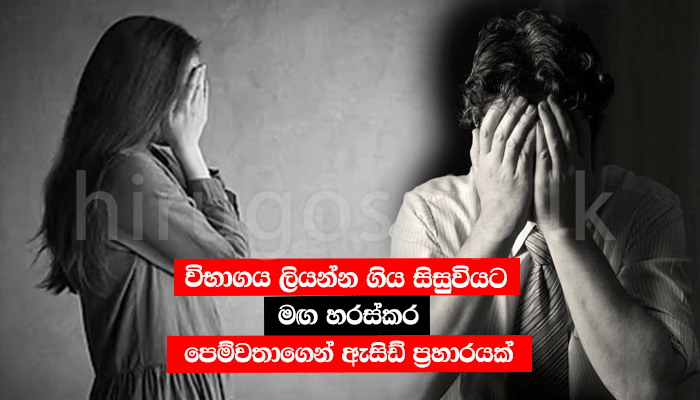









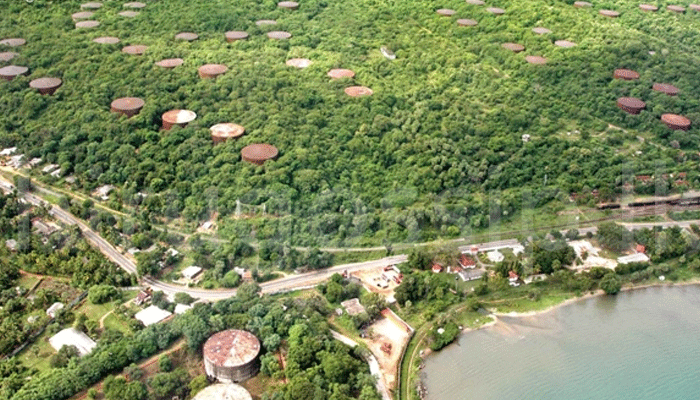


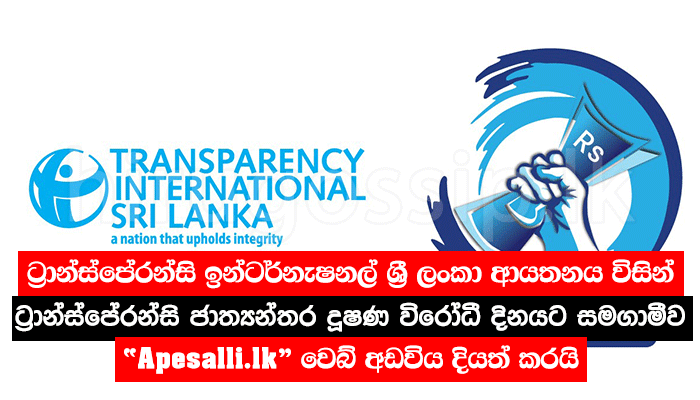



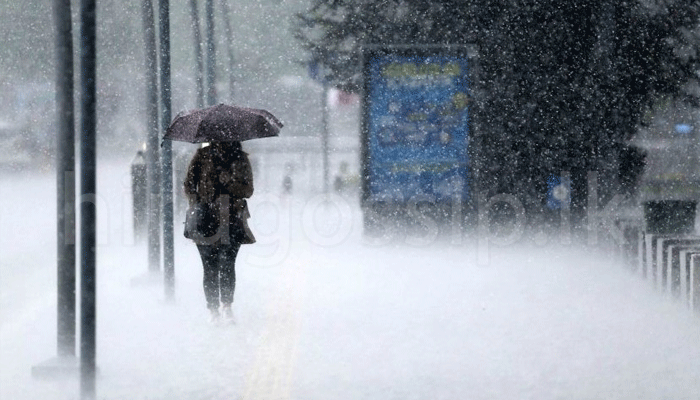






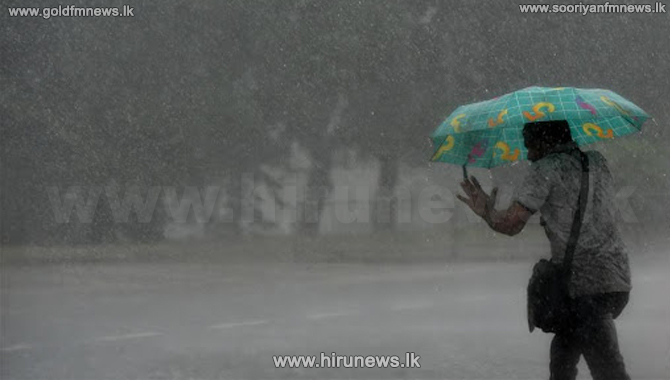
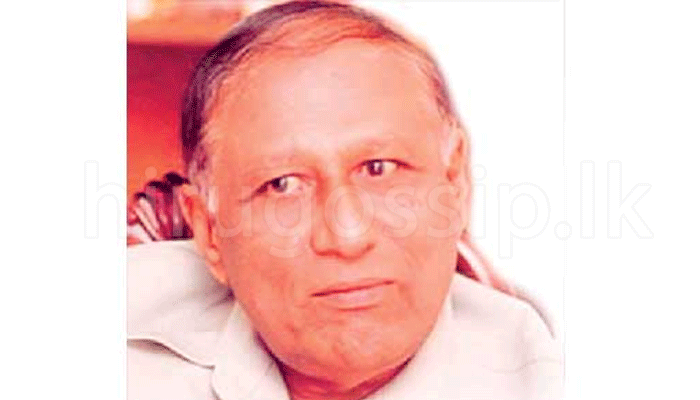



![වසන්තය නුඹම විය (Wasanthaya Nubama Wiya) | හිරු අවුරුදු ටෙලි සිනමා සිත්තමේ ඡායාරූප එකතුව..[Photo Album 02] වසන්තය නුඹම විය (Wasanthaya Nubama Wiya) | හිරු අවුරුදු ටෙලි සිනමා සිත්තමේ ඡායාරූප එකතුව..[Photo Album 02]](/data/photo-gallery/2738-wasanthaya-nubama-wiya-photo-album-02/thumb_coverrrrr.jpg)
![නවගමුව පත්තිනි මහා දේවාලයේ පැවති අලුත් අවුරුද්දේ හිස තෙල් ගෑමේ මහෝත්සවය ! සම්පූර්ණ ඡායාරූප එකතුව මෙතනින් බලන්න.. [Photo Album] නවගමුව පත්තිනි මහා දේවාලයේ පැවති අලුත් අවුරුද්දේ හිස තෙල් ගෑමේ මහෝත්සවය ! සම්පූර්ණ ඡායාරූප එකතුව මෙතනින් බලන්න.. [Photo Album]](/data/photo-gallery/2737-photo-album/thumb_cover.jpg)
![අවුරුදු අරන් ගෙදරට එන Hiru TV Copy Chat විශේෂ අලුත් අවුරුදු වැඩසටහන.. සම්පූර්ණ ඡායාරූප එකතුව මෙන්න...[Photo Album] අවුරුදු අරන් ගෙදරට එන Hiru TV Copy Chat විශේෂ අලුත් අවුරුදු වැඩසටහන.. සම්පූර්ණ ඡායාරූප එකතුව මෙන්න...[Photo Album]](/data/photo-gallery/2736-hiru-tv-copy-chat-photo-album/thumb_thru-aurudu-senakiliya.jpg)
![මහ පොළොවේ ජීවිත අහස උසට ඔසවා තබන සජීවී ගැයුම් උන්මාදය Hiru Star - Season 04 දෙවන වටය ( Second Round ) අද දින තරගකරුවන්ගෙන් වර්ණවත් වූ හැටි.. [Photo Album] මහ පොළොවේ ජීවිත අහස උසට ඔසවා තබන සජීවී ගැයුම් උන්මාදය Hiru Star - Season 04 දෙවන වටය ( Second Round ) අද දින තරගකරුවන්ගෙන් වර්ණවත් වූ හැටි.. [Photo Album]](/data/photo-gallery/2735-hiru-star-season-04-second-round-photo-album/thumb_coverrr.jpg)
![ජනප්රිය කලා තරු පිරිවරා සූර්යය සිංහලේ හිරුත් එක්ක තුන් හෙළයේ අවුරුදු Viva සමඟ - COMILLA BUNGALOW පරිශ්රයේ දී වර්ණවත් වුණේ මෙහෙමයි... [Photo Album 02] ජනප්රිය කලා තරු පිරිවරා සූර්යය සිංහලේ හිරුත් එක්ක තුන් හෙළයේ අවුරුදු Viva සමඟ - COMILLA BUNGALOW පරිශ්රයේ දී වර්ණවත් වුණේ මෙහෙමයි... [Photo Album 02]](/data/photo-gallery/2734-zwj-viva-comilla-bungalow-photo-album-02/thumb_coverrr.jpg)
![ජනප්රිය කලා තරු පිරිවරා සූර්යය සිංහලේ හිරුත් එක්ක තුන් හෙළයේ අවුරුදු Viva සමඟ - COMILLA BUNGALOW පරිශ්රයේ දී වර්ණවත් වුණේ මෙහෙමයි... [Photo Album] ජනප්රිය කලා තරු පිරිවරා සූර්යය සිංහලේ හිරුත් එක්ක තුන් හෙළයේ අවුරුදු Viva සමඟ - COMILLA BUNGALOW පරිශ්රයේ දී වර්ණවත් වුණේ මෙහෙමයි... [Photo Album]](/data/photo-gallery/2733-zwj-viva-comilla-bungalow-photo-album/thumb_thru-aurudu-senakiliya.jpg)
![තරු සිඟිත්තන්ගේ ගීතවත් හැන්දෑව, “තරු සිඟිති අවුරුදු සාජ්ජේ”, ජනකාන්ත තරු දෙමව්පියන් සමඟ වර්ණවත් වූ හැටි.. [Photo Album 02] තරු සිඟිත්තන්ගේ ගීතවත් හැන්දෑව, “තරු සිඟිති අවුරුදු සාජ්ජේ”, ජනකාන්ත තරු දෙමව්පියන් සමඟ වර්ණවත් වූ හැටි.. [Photo Album 02]](/data/photo-gallery/2732-ldquo-rdquo-photo-album-02/thumb_thru-aurudu-senakiliya.jpg)
![තරු සිඟිත්තන්ගේ ගීතවත් හැන්දෑව, “තරු සිඟිති අවුරුදු සාජ්ජේ”, ජනකාන්ත තරු දෙමව්පියන් සමඟ වර්ණවත් වූ හැටි.. [Photo Album] තරු සිඟිත්තන්ගේ ගීතවත් හැන්දෑව, “තරු සිඟිති අවුරුදු සාජ්ජේ”, ජනකාන්ත තරු දෙමව්පියන් සමඟ වර්ණවත් වූ හැටි.. [Photo Album]](/data/photo-gallery/2731-ldquo-rdquo-photo-album/thumb_thru-aurudu-senakiliya.jpg)
![සූර්යය සිංහලේ - හිරුත් එක්ක තුන් හෙළයේ අවුරුදු - ජනප්රිය කලා තරු එක් වූ, “Nestomalt හිරු වසන්ත සැණකෙළිය”, සම්පූර්ණ ඡායාරූප එකතුව මෙන්න.. [Photo Album 02] සූර්යය සිංහලේ - හිරුත් එක්ක තුන් හෙළයේ අවුරුදු - ජනප්රිය කලා තරු එක් වූ, “Nestomalt හිරු වසන්ත සැණකෙළිය”, සම්පූර්ණ ඡායාරූප එකතුව මෙන්න.. [Photo Album 02]](/data/photo-gallery/2730-zwj-ldquonestomalt-rdquo-photo-album-02/thumb_coverr.jpg)
![සූර්යය සිංහලේ - හිරුත් එක්ක තුන් හෙළයේ අවුරුදු - ජනප්රිය කලා තරු එක් වූ, “Nestomalt හිරු වසන්ත සැණකෙළිය”, සම්පූර්ණ ඡායාරූප එකතුව මෙන්න.. [Photo Album] සූර්යය සිංහලේ - හිරුත් එක්ක තුන් හෙළයේ අවුරුදු - ජනප්රිය කලා තරු එක් වූ, “Nestomalt හිරු වසන්ත සැණකෙළිය”, සම්පූර්ණ ඡායාරූප එකතුව මෙන්න.. [Photo Album]](/data/photo-gallery/2729-zwj-ldquonestomalt-rdquo-photo-album/thumb_thru-aurudu-senakiliya.jpg)
![සිඟිති කුමර කුමරියන්ට රන් කිරුළු පැළැන්දූ “Maliban Gold Marie හිරු සිඟිති අවුරුදු කුමරා කුමරිය 2024” වර්ණවත් වූ හැටි.. [Photo Album 02] සිඟිති කුමර කුමරියන්ට රන් කිරුළු පැළැන්දූ “Maliban Gold Marie හිරු සිඟිති අවුරුදු කුමරා කුමරිය 2024” වර්ණවත් වූ හැටි.. [Photo Album 02]](/data/photo-gallery/2728-ldquomaliban-gold-marie-2024rdquo-photo-album-02/thumb_thru-aurudu-senakiliya.jpg)
![සිඟිති කුමර කුමරියන්ට රන් කිරුළු පැළැන්දූ “Maliban Gold Marie හිරු සිඟිති අවුරුදු කුමරා කුමරිය 2024” වර්ණවත් වූ හැටි.. [Photo Album] සිඟිති කුමර කුමරියන්ට රන් කිරුළු පැළැන්දූ “Maliban Gold Marie හිරු සිඟිති අවුරුදු කුමරා කුමරිය 2024” වර්ණවත් වූ හැටි.. [Photo Album]](/data/photo-gallery/2727-ldquomaliban-gold-marie-2024rdquo-photo-album/thumb_thru-aurudu-senakiliya.jpg)
![සූර්යය සිංහලේ - හිරුත් එක්ක තුන් හෙළයේ අවුරුදු - ජනප්රිය කලා තරු එක් වූ, “හිරු තරු අවුරුදු සැණකෙළිය Viva සමඟ” වර්ණවත් වුණේ මෙහෙමයි.. [Photo Album] සූර්යය සිංහලේ - හිරුත් එක්ක තුන් හෙළයේ අවුරුදු - ජනප්රිය කලා තරු එක් වූ, “හිරු තරු අවුරුදු සැණකෙළිය Viva සමඟ” වර්ණවත් වුණේ මෙහෙමයි.. [Photo Album]](/data/photo-gallery/2726-zwj-ldquo-viva-rdquo-photo-album/thumb_thru-aurudu-senakiliya.jpg)
![සූර්යය සිංහලේ - හිරුත් එක්ක තුන් හෙළයේ අවුරුදු Viva සමඟ වැඩසටහනට පෙර සූදානම් වූ හැටි මෙන්න ! (Rehearsals - Behind the Scenes) [Photo Album 02] සූර්යය සිංහලේ - හිරුත් එක්ක තුන් හෙළයේ අවුරුදු Viva සමඟ වැඩසටහනට පෙර සූදානම් වූ හැටි මෙන්න ! (Rehearsals - Behind the Scenes) [Photo Album 02]](/data/photo-gallery/2725-viva-rehearsals-behind-scenes-photo-album-02/thumb_hiru-aurudu-kumariya-rehearsal.jpg)
![අවුරුදු කුමර කුමරියන්ට කිරුළු පැළඳූ, අලුත් අවුරුදු මෞලි මංගල්යය “හිරු කැලීන් අවුරුදු කුමරා කුමරිය 2024”, වර්ණවත් වුණේ මෙහෙමයි... [Photo Album 02] අවුරුදු කුමර කුමරියන්ට කිරුළු පැළඳූ, අලුත් අවුරුදු මෞලි මංගල්යය “හිරු කැලීන් අවුරුදු කුමරා කුමරිය 2024”, වර්ණවත් වුණේ මෙහෙමයි... [Photo Album 02]](/data/photo-gallery/2724-zwj-ldquo-2024rdquo-photo-album-02/thumb_hiru-aurudu-kumariya.jpg)
![අවුරුදු කුමර කුමරියන්ට කිරුළු පැළඳූ, අලුත් අවුරුදු මෞලි මංගල්යය “හිරු කැලීන් අවුරුදු කුමරා කුමරිය 2024”, වර්ණවත් වුණේ මෙහෙමයි... [Photo Album 01] අවුරුදු කුමර කුමරියන්ට කිරුළු පැළඳූ, අලුත් අවුරුදු මෞලි මංගල්යය “හිරු කැලීන් අවුරුදු කුමරා කුමරිය 2024”, වර්ණවත් වුණේ මෙහෙමයි... [Photo Album 01]](/data/photo-gallery/2723-zwj-ldquo-2024rdquo-photo-album-01/thumb_hiru-aurudu-kumariya.jpg)